This is a serious security flaw from the user's standpoint
Consider this scenario:
Chrome or Safari save password/usernames and automatically fills them when you visit the designated website. What if you left your computer open in a public place? It would be so easy for a 3rd person to reveal your passwords.
Macbook's keychain app requires you to enter the computer password to reveal the internet passwords (safari passwords), right? But if somebody opens the the website from your computer and navigate to the login page, the password and username/email are there. If you have already signed in, then they just need to first log you out and re-open the login page. Then; all they have to do is to change the input type from password to text to reveal your password. That's it!
If this was not a security flaw, then why Macbook Keychain Access App requires you to enter computer's password to reveal the internet passwords? Are they basically not the same thing?
You must protect the password fields from changing their types via dev tool!
I created a simple javascript snippet to protect password inputs against changing their types using dev tool (i.e: chrome dev tool). See live demo and test it out:
- https://codepen.io/mcakir/pen/zpZXxe
Note: It is written using vanilla javascript so it doesn't depend on any library (i.e: jQuery)

